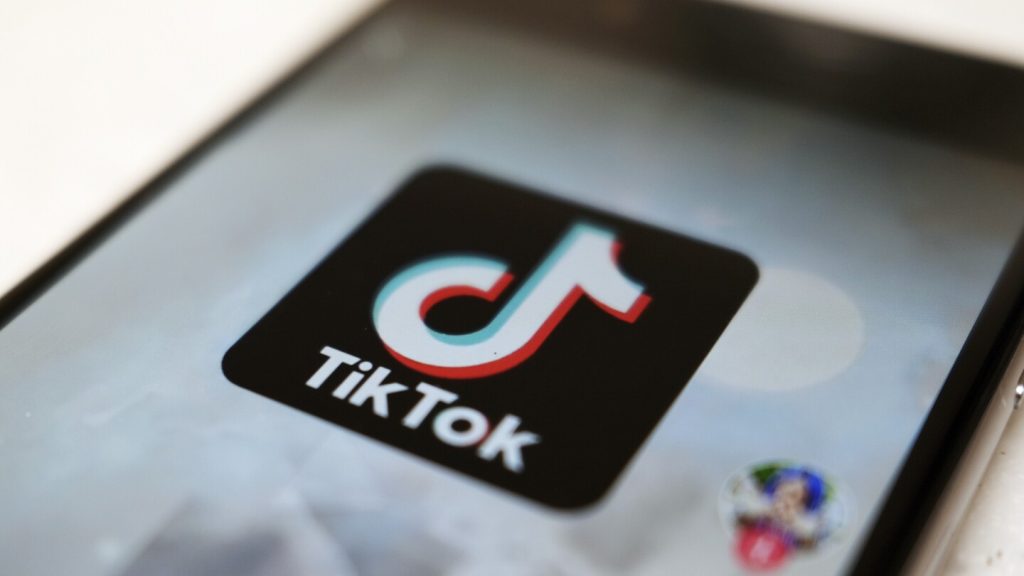Eight TikTok content creators have taken legal action against the U.S. government in response to a new federal law that could lead to a nationwide ban of the social media platform if its China-based parent company does not sell its stakes within a year. The creators argue that the law violates their First Amendment rights to free speech, similar to arguments made by TikTok itself in a separate lawsuit. The lawsuit, filed in a Washington appeals court, involves a diverse group of creators who rely on TikTok for expression, advocacy, community-building, and even livelihoods. They fear that the law would deprive them and other users of this unique form of communication.
TikTok is supporting the legal costs for the lawsuit, which is being led by the same law firm that successfully challenged Montana’s statewide ban on the platform last year. The Department of Justice maintains that the legislation is necessary to address national security concerns and is consistent with constitutional limitations. The law requires TikTok’s parent company, ByteDance, to sell the platform to an approved buyer within nine months, with a possible extension of three months if a sale is in progress. However, TikTok and ByteDance argue that dividing the U.S. TikTok platform from the global TikTok network would not be feasible and that the Chinese government may oppose a sale of the recommendation algorithm that drives TikTok’s success in the U.S.
The conflict over TikTok comes amid growing tensions between the U.S. and China on various issues, including concerns about data privacy and the platform’s alleged potential for spreading propaganda. TikTok has disputed claims that it poses a national security threat, emphasizing its commitment to protecting user data. Content creators like Brian Firebaugh, a rancher from Texas, and Chloe Joy Sexton, a cookie business owner from Tennessee, have shared how TikTok has transformed their lives, helping them build communities, reach customers, and achieve personal milestones. The creators argue that there is no concrete evidence to justify the ban and are seeking a court declaration that the law is unconstitutional.
The lawsuit reflects the creators’ concerns about losing a vital platform for self-expression, income generation, and community building. TikTok has become a central part of their lives and businesses, allowing them to connect with audiences, share personal stories, and grow their followings. The legal challenge raises important questions about the balance between national security considerations and individuals’ rights to free speech and online expression. As the case progresses, it could have significant implications for the future of TikTok in the U.S. and the broader debate around social media regulation and user privacy. The TikTok creators are hoping for a favorable outcome that would protect their ability to continue using the platform and engaging with their audiences.


